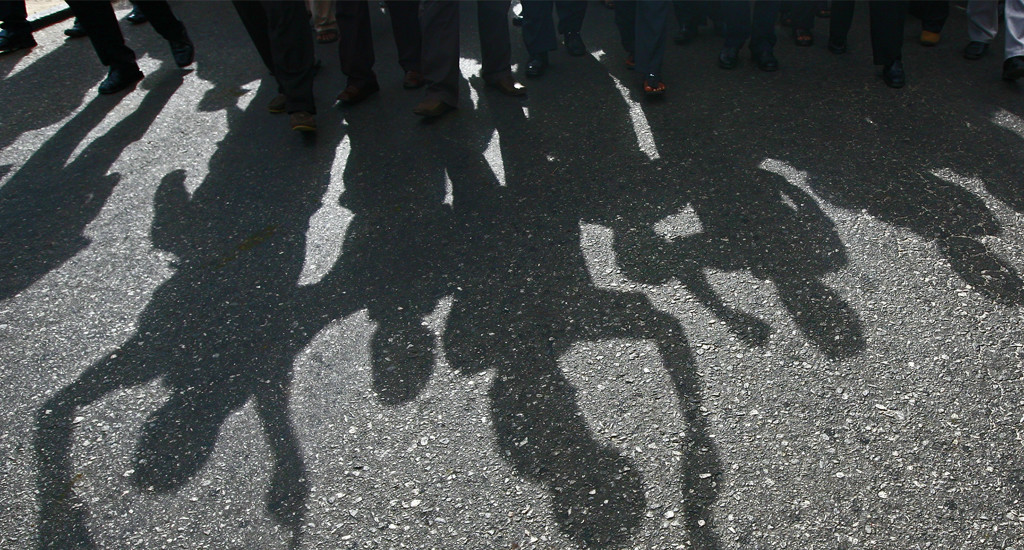woke

woke – aggettivo
wokeness – sostantivo
One could argue that it doesn’t matter why someone’s being woke as long as they are in effect being socially, politically, and environmentally conscious.
Let’s help the world stay woke to intersex people, our lives and our collective struggle for justice and bodily autonomy.
The word wokeness is new, but the mental habits it describes are old.
Essere woke significa essere consapevole delle ingiustizie sociali, in particolare delle forme di razzismo e delle disuguaglianze di genere. Rimanere woke vuol dire quindi essere sveglio, attento, vigile, pronto a combattere tali ingiustizie, anche solo firmando una petizione online o postando le proprie convinzioni sui social. Wokeness è il non abbassare la guardia, lo stare all’erta. Inevitabilmente, non appena il termine è entrato nel lessico comune ha perso forza e oggi chi lo usa rischia di essere preso per i fondelli.
Nell’inglese americano, specialmente nella varietà afroamericana, woke si usava nel significato letterale di awake sin dalla fine del XIX secolo; l’accezione di cui parliamo invece risale ai primi anni 1960.
Origini del termine
Alla diffusione del termine in tempi recenti ha contribuito Master Teacher, un brano del 2008 della cantautrice americana Eryka Badu che recitava ‘I stay woke’e, in quest’ultimo decennio, i movimenti #BlackLivesMatter e #MeToo. Le occorrenze del termine su Google hanno raggiunto il picco nell’estate del 2017, assestandosi successivamente su livelli inferiori.
Traduzione di Loredana Riu
woke – adj
wokeness – noun
One could argue that it doesn’t matter why someone’s being woke as long as they are in effect being socially, politically, and environmentally conscious.
Let’s help the world stay woke to intersex people, our lives and our collective struggle for justice and bodily autonomy.
The word wokeness is new, but the mental habits it describes are old.
To be woke is to be alert to and angry about injustices and inequalities in society, particularly those connected with race and gender. To stay woke is to be constantly aware of such injustices and prepared to do something to combat them, even if this is only signing an online petition or posting your views on social media sites. Wokeness is the state of being woke. Inevitably the term had no sooner passed into common usage than it started to be used ironically, with the result that anyone claiming to be woke these days is likely to be mocked for it.
Woke has been used to mean literally awake in American English, especially African American English, since the late 19th century. The first recorded use of woke with a figurative meaning of being awake and alert mentally rather than physically dates back to the early 1960s.
Origin
The term’s current popularity followed its appearance in a lyric by the American singer and songwriter Eryka Badu, who used the phrase ‘I stay woke’ in a 2008 song, Master Teacher. The term came to greater prominence with the #BlackLivesMatter and #MeToo movements of the current decade. A Google search shows that references to the term rose sharply to a peak in the summer of 2017, falling back to lower levels since then.



